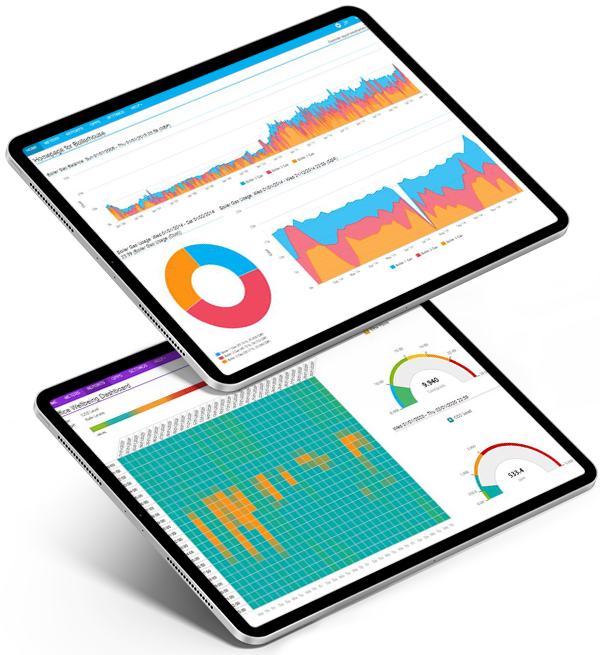In today’s data-driven world, the energy sector stands at a crossroads where data governance plays an increasingly crucial role. With the ever-expanding amount of data generated from diverse sources – such as smart grids, LoRaWAN sensors, and complex analytics platforms – the need for robust data governance has never been more significant. Tom Purkhardt, Senior Consultant at Verco explores why strong data governance is vital for managing energy data and how it can be achieved and supported using our Carbon Desktop software.
Data Governance requires the overall management of data availability, usability, integrity, and security within your organisation. It should involve a set of processes, policies, and standards that ensure data is managed properly and used effectively. Within Carbon Desktop and its wider service there are several features such as missing reading reporting, exception alerting and data quality reviews which can significantly complement the ever demanding need to improve governance.
Meet mandatory reporting requirements.
Accurate data essential for meeting mandatory reporting requirements like CSRD, ESOS, and SECR. Those who rely on data captured from invoices alone may find inaccuracies and inefficiencies. Issues such as unexpected usage or billing discrepancies are often only identified after receiving the invoices in retrospect. This reactive approach requires time-consuming investigation to understand the underlying problems and find solutions. This is inefficient and may also be flagged as a problem if submitted to for mandatory reporting, where rigorous data accuracy and robustness are critical.
For example, CHPQA is an annual scheme which monitors the performance of your CHP and rewards good performance with tax breaks on CCL charges. It requires complete sub-metered data on the CHP unit for total fuel input, power output and heat output. If there are dropouts or anomalous data, a valid approach to backfill can be undertaken. But if that’s not possible, the submission for the period is typically negated. From our experience, sites with poor data governance usually have several of these periods. If the periods are negated it can reduce the overall tax breaks for the site due to poor compliance.
Start with data ownership and regular reviews.
Introducing a way of working for the ownership of your data and introducing periodic reviews is a great place to start. This will allow you to easily spot obvious errors and the assigned champion can react quickly to problems. You should ideally govern this process on data completeness, outlier identification and accuracy against the complimentary data.
For example, if the total consumption on your transformers is greater than the electricity supplier’s data, this could point to:
- The transformers reading too much,
- A dropout in the supplier data
- Or an additional missing datafeed such as onsite solar PV.
Data governance gives your businesses a strategic advantage
In summary in the energy sector, data governance is not just a regulatory necessity but a strategic advantage. By investing in effective data governance practices, you can harness the full potential of your data, drive operational excellence, and contribute to a more sustainable and efficient energy future.
Look out for further articles in this series.
In the next few months, we will publish articles on the topics of Missing readings and Exception Alerting features in Carbon Desktop. We will also give details on our data health tracking service for data governance.
Read article- Exception alerting: What it is and why you need it
Contact us if you would like to discuss how Carbon Desktop can help you with data governance here.




